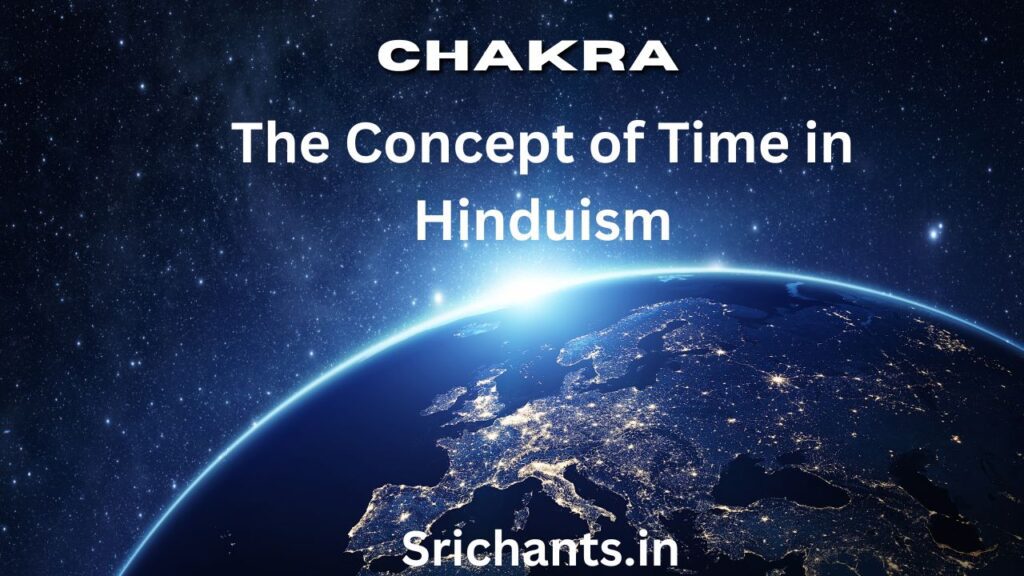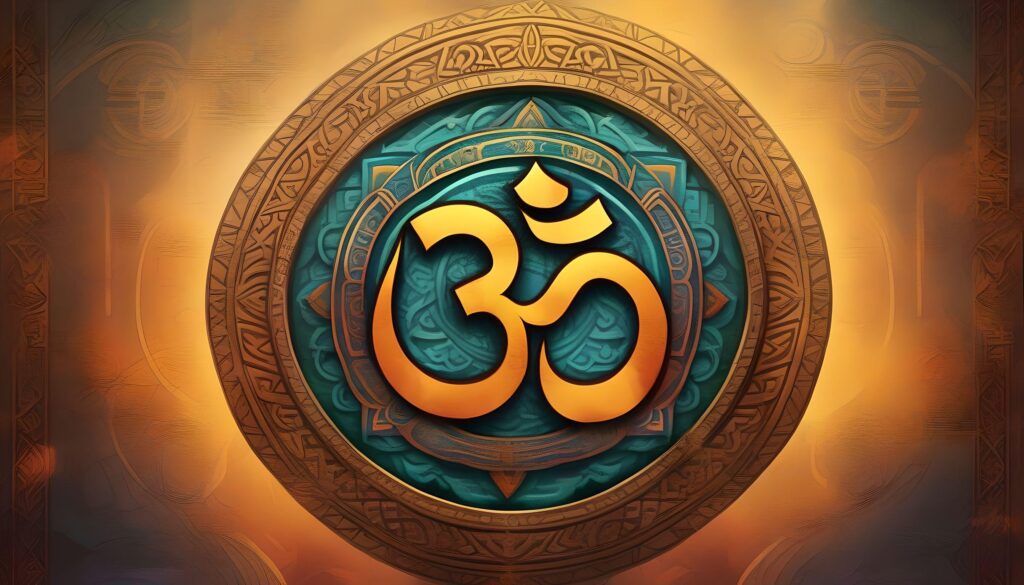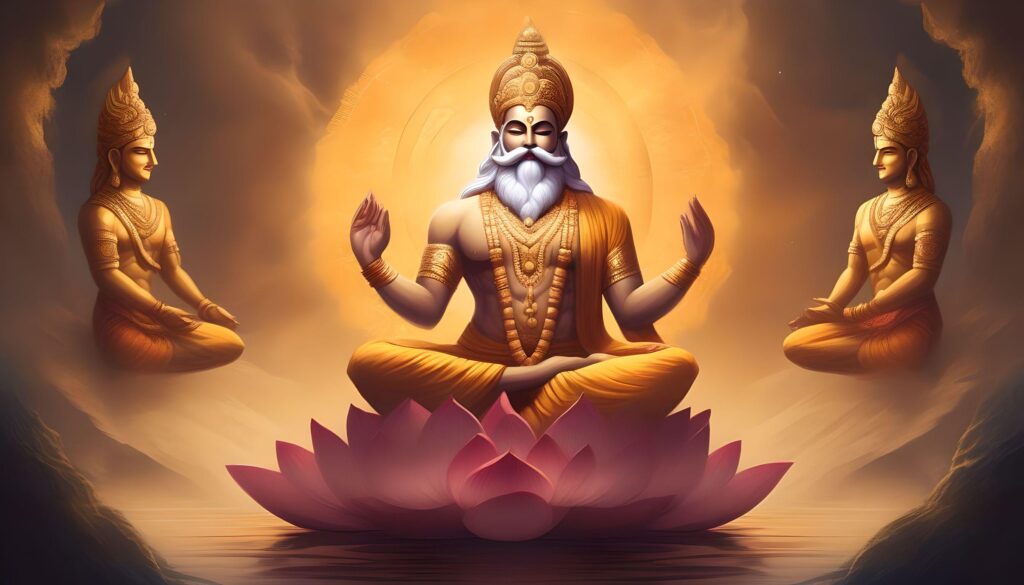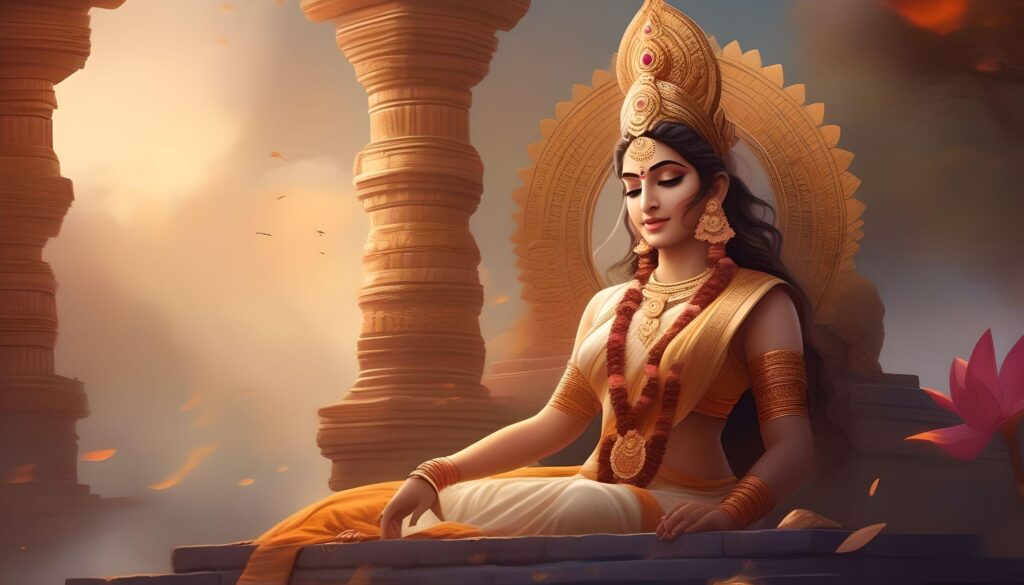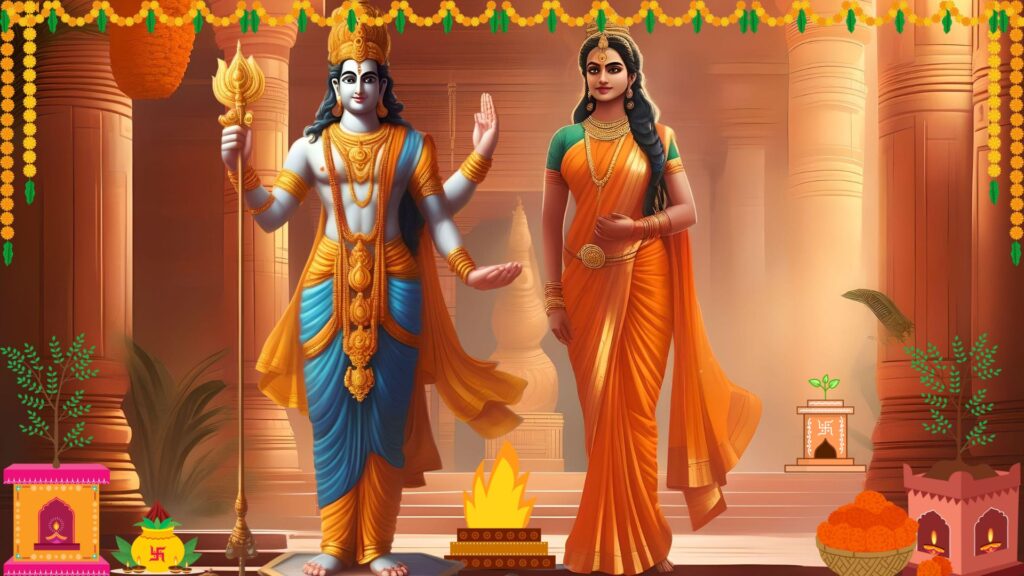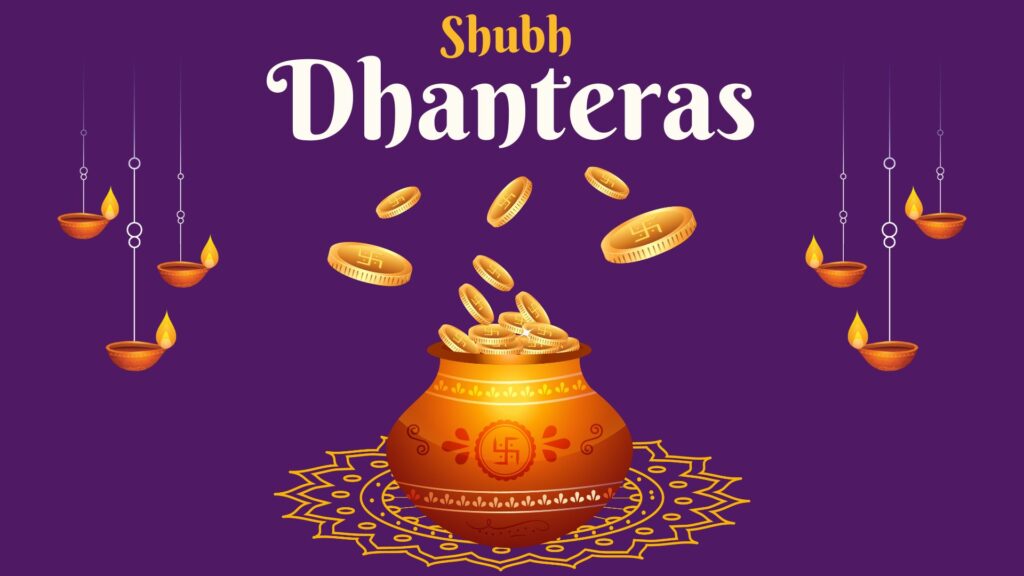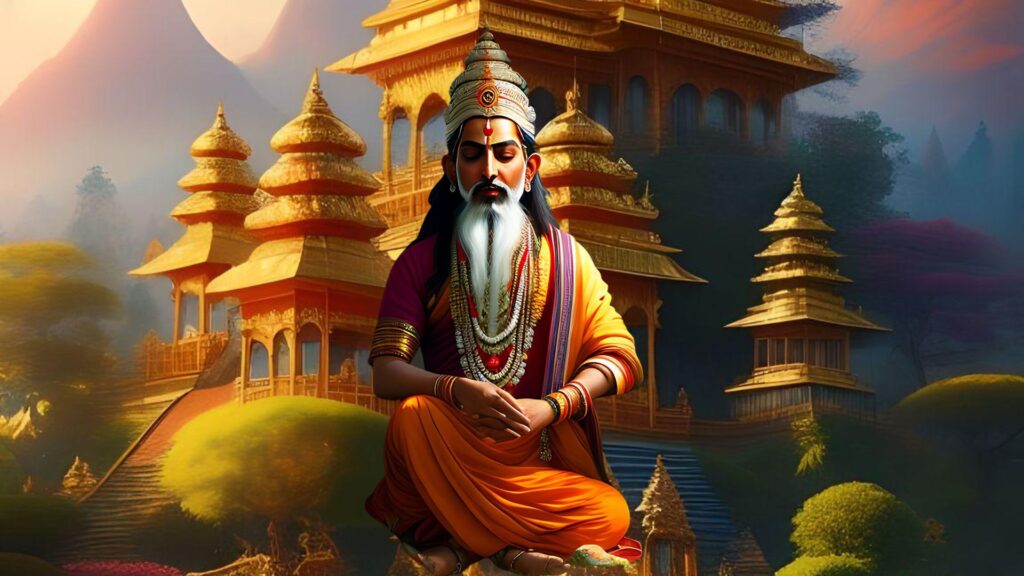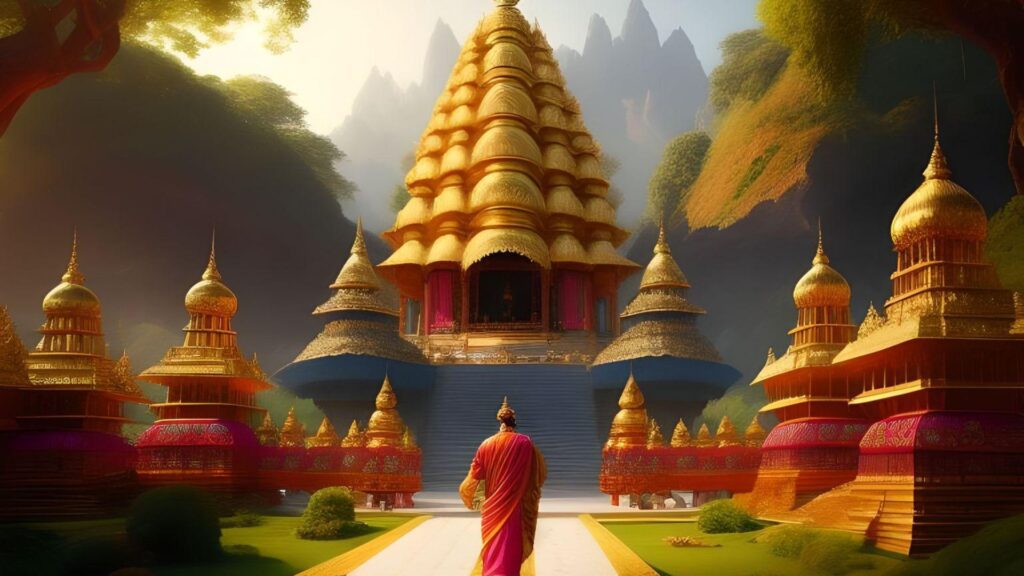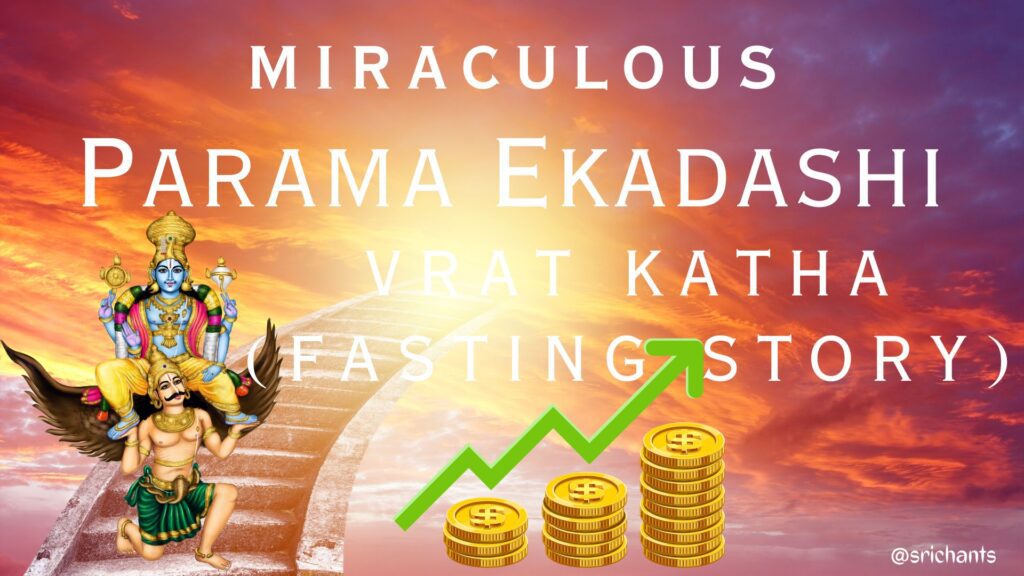Chakra : The Concept of Time in Hinduism
Introduction
As one of the earliest religions in the world, Hinduism has a distinctive viewpoint on the concept of time. Hinduism, in contrast to the prevalent linear perspective on time in Western societies, posits a cyclical conception of time wherein the universe perpetually undergoes processes of formation, preservation, and dissolution. The Hindu perspective on time, its correlation with the divine, and its importance within the Hindu belief system are all examined in this article.
The Cyclical Nature of Time
In Hinduism, time is conceptualized as a succession of cycles, not a linear progression. These recurring patterns, referred to as Yugas, continue indefinitely. Satya Yuga, Treta Yuga, Dwapar Yuga, and Kali Yuga comprise the four Yugas. An epoch with its own set of qualities and characteristics is symbolized by each Yuga. The Golden Age, Satya Yuga, is distinguished by its preeminence of righteousness and truth. As the Yugas advance, the degree of righteousness declines and society approaches the Kali Yuga, an epoch characterized by darkness and ignorance.
Time as a Manifestation of God
As a manifestation of God, time is not distinct from the divine, according to Hinduism. Creation commences with the activation of God’s energies and concludes with their withdrawal. God is eternal and transcends the limitations of time. Past, present, and future exist concurrently in the Absolute. This conception of time emphasizes the interdependence of all things and the cyclical nature of existence.
The Role of Kalachakra
In order to establish order and motion in existence and to maintain the planet, the divine entity generates the temporal cycle referred to as Kalachakra. The Kalachakra facilitates the perception of time passing and the experience of life and mortality. The concepts of aging, mortality, and rebirth are all present over time. It is believed that conquering time leads to immortality, since death is merely a transitional phase into the subsequent cycle of rebirth.
Time in Hindu Rituals and Festivals
The concept of time is highly consequential in Hindu rituals and festivals. Based on lunar and solar cycles, the Hindu calendar designates auspicious and unauspicious times for each day. To ensure the effectiveness of rituals, for instance, priests meticulously choose the most auspicious moment to execute them during religious ceremonies. In addition to commemorating festivals in accordance with particular lunar or solar alignments, this emphasizes the significance of time in Hindu religious observances.
Timelessness in Meditation and Yoga
Yoga and meditation are fundamental components of Hindu spiritual observance, providing an avenue to surpass temporal constraints and establish a connection with the eternal. The objective of those who engage in profound meditation is to transcend the vagaries of the mind and attain a state that transcends time. In a similar fashion, yoga, being both a physical and spiritual practice, facilitates the development of an elevated state of consciousness in which timelessness prevails and the current moment assumes exclusive attention.
Time and Karma
The concept of karma is intricately intertwined with time in Hinduism. Karma pertains to the principle of cause and effect, which states that each action has repercussions, both in the present and in subsequent incarnations. Time serves as the conduit by which the consequences of previous actions become apparent. Individuals remain ensnared in the cycle of birth and death until they achieve liberation (moksha) and are thus liberated from the cycle of karma, according to Hinduism.
Time in Hindu Mythology and Epics
Myths and epics of the Hindu faith are replete with legends and tales concerning the manipulation of time. Depictions of gods and deities often attribute the ability to manipulate time and change its trajectory. As an illustration, throughout various Yugas, the preserver of the universe, Lord Vishnu, is frequently depicted assuming various forms (avatars) in an effort to restore justice and equilibrium.
The Symbolism of Time in Hindu Iconography
Specific symbols within Hindu iconography symbolize the notion of time. The wheel (Chakra), which represents the eternal cycle of time and the cosmic order, is the most prominent symbol. Symbolic of Lord Vishnu, the wheel appears in numerous Hindu temples and works of art. An additional emblem is the sun, which symbolizes the progression of time through its daily ascent and descent.
Time and Devotion
A significant portion of the Hindu faith is devoted to devotional practices; numerous adherents engage in rituals and offer petitions at particular times of the day or year. The performance of daily prayers, referred to as puja, frequently transpires during the hours of sunrise or sunset. Significant festivals are commemorated on particular lunar or solar occasions, which correspond to auspicious periods ascertained by Hindu calendars. These rituals place great importance on the passage of time as a means to cultivate a profound union with the divine.
Conclusion
The Hindu conception of time presents a challenge to the linear progression that is widely acknowledged in numerous cultures. Hinduism holds that time is cyclical, as the universe undergoes perpetual cycles of formation, dissolution, and preservation. Considered a manifestation of God, time is utilized to generate divisions and life experiences. Its significance is paramount in rituals, festivals, and spiritual practices, and it exhibits a profound interconnection with principles including karma and liberation. An comprehension of the Hindu perspective on time can provide valuable insights into the more extensive philosophical and spiritual facets of this ageless and dynamic faith.
Additional Information
- The Hindu concept of time is deeply intertwined with the understanding of the eternal soul (Atman) and the ultimate reality (Brahman).
- The four Yugas are believed to last for thousands of divine years, with each Yuga progressively shorter than the previous one.
- Hindu scriptures, such as the Bhagavad Gita and the Puranas, contain numerous references to the nature of time and its significance in spiritual growth.
- The study of astrology (Jyotish) is also based on the Hindu understanding of time, with the positioning of celestial bodies believed to influence human destiny.
